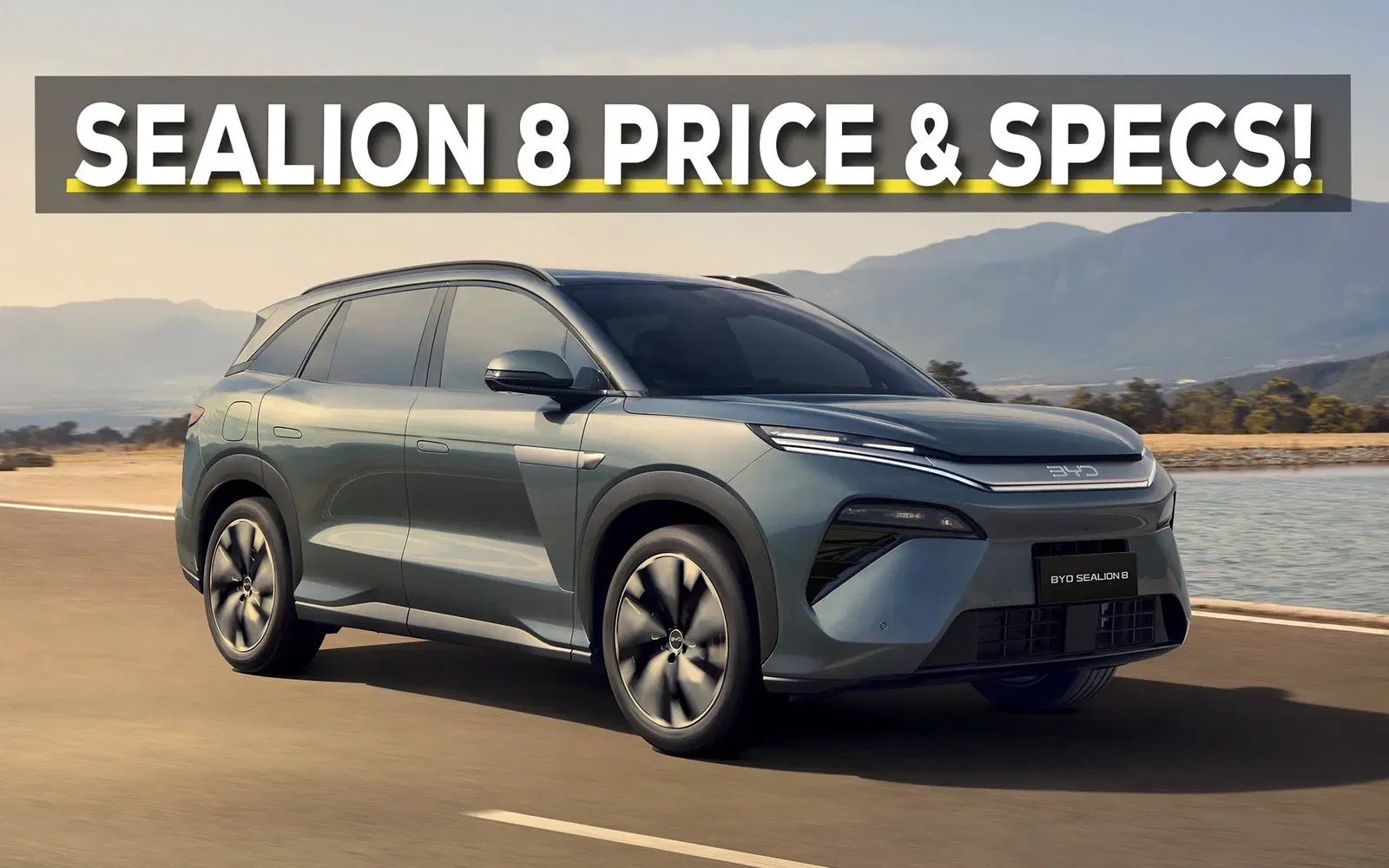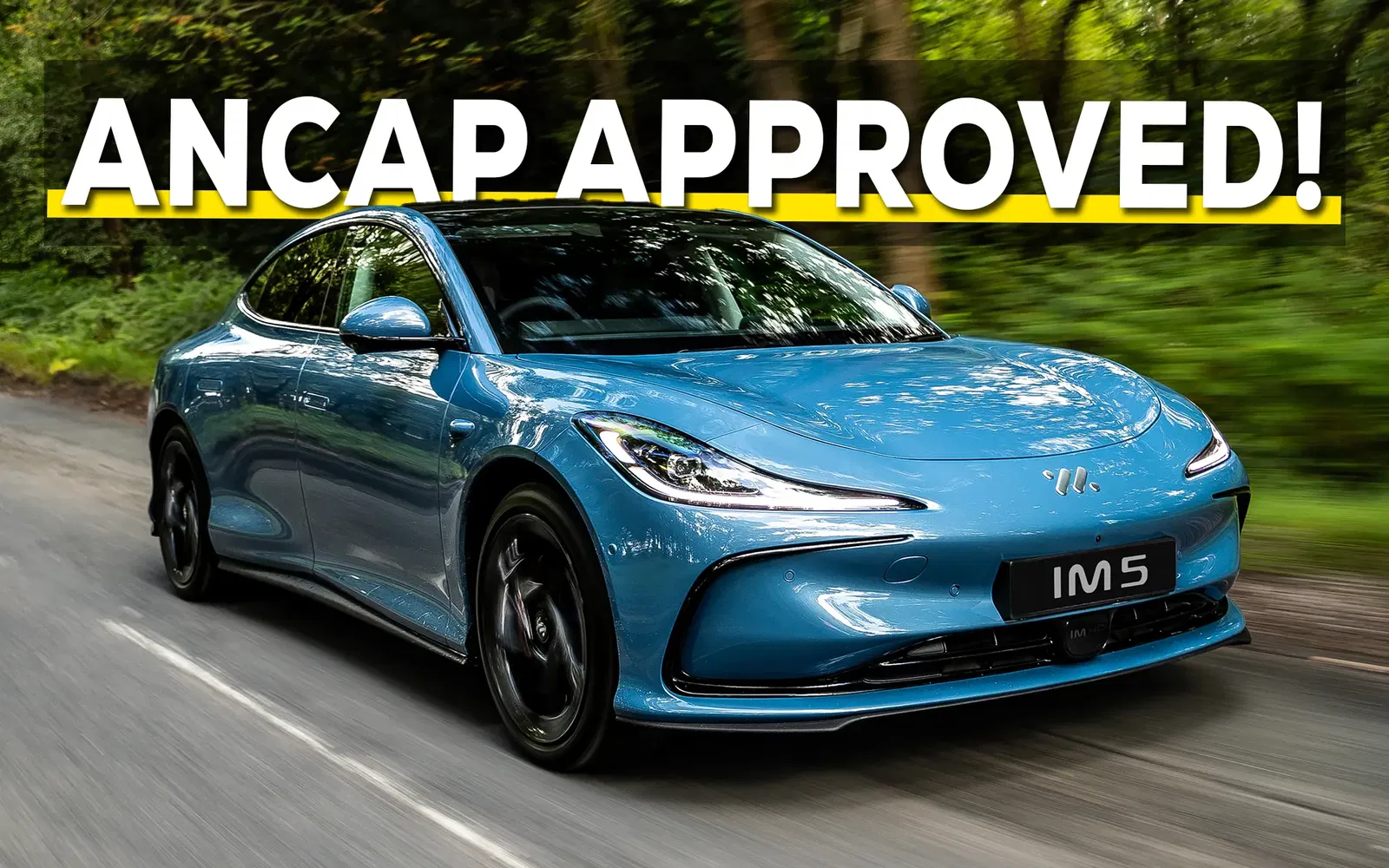Nissan Motor Co., Ltd. has announced that its in-vehicle lithium-iron-phosphate (LFP) battery development and production have been certified by Japan’s Ministry of Economy, Trade and Industry (METI). This certification marks a significant step in Nissan’s efforts to establish a supply chain for storage batteries in line with Japanese government policies.

Nissan plans to incorporate LFP batteries into electric minivehicles starting in fiscal year 2028. This move aims to create more affordable electric vehicles while strengthening Japan's storage battery supply chain. Nissan’s president and CEO, Makoto Uchida, emphasized the importance of government support in their efforts.

The certified production scale is 5 GWh within Japan, with the total business value estimated at approximately 153.3 billion yen (approx. AUD $1.593 billion). Nissan will receive up to 55.7 billion yen (approx. AUD $580 million) in grants as part of this initiative.
Benefits and Drawbacks of LFP Batteries
{{AD}}
Benefits
Lithium-iron-phosphate (LFP) batteries offer several advantages over the more common nickel-manganese-cobalt (NMC) batteries. It is commonly accepted that LFP batteries are less expensive to produce due to the abundance of raw materials, making them a more cost-effective option for electric vehicles. They also have a longer lifespan, improved safety due to lower risk of overheating, and can handle more charge-discharge cycles, and can be charged to 100%, making them ideal for high-use applications.
Drawbacks
LFP batteries have a lower energy density compared to NMC batteries, meaning they typically provide less range for the same size or weight. This can be a drawback in long-range electric vehicles, where range is a critical factor. Additionally, LFP batteries tend to perform less efficiently in colder climates, which could affect their performance in regions with lower temperatures.
FAQ
What are LFP batteries, and how do they differ from other types of EV batteries?
LFP (Lithium-Iron-Phosphate) batteries use lithium iron phosphate as the cathode material, making them more cost-effective and durable than traditional Nickel-Manganese-Cobalt (NMC) batteries. LFP batteries are known for their safety, longevity, and ability to withstand more charge cycles. However, they have a lower energy density, meaning they provide less range for the same size compared to NMC batteries.
Why is Nissan choosing to use LFP batteries in its future electric vehicles?
Nissan is adopting LFP batteries to make electric vehicles more affordable and accessible to a broader market. The lower production costs and longer lifespan of LFP batteries align with Nissan’s goal of meeting diverse customer needs while promoting the widespread use of electric vehicles.
When will Nissan’s electric vehicles with LFP batteries be available?
Nissan plans to begin installing LFP batteries in its electric minivehicles starting in fiscal year 2028. This development is part of a broader initiative to strengthen Japan's storage battery supply chain and promote affordable electric vehicle options.
What are the main advantages of LFP batteries in electric vehicles?
The key advantages of LFP batteries include lower production costs, improved safety due to reduced risk of overheating, and a longer lifespan with more charge-discharge cycles. These factors make LFP batteries ideal for high-use vehicles, such as electric minivehicles or fleets.
Sign up to our newsletter
Be the first to know when we drop new car reviews.
.avif)










